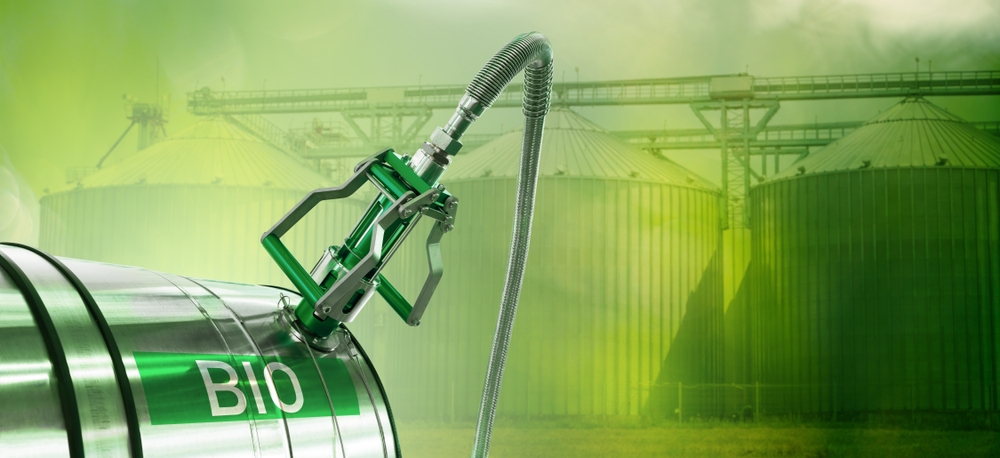Since the 1970s, Brazil has been working towards reducing its dependence on imported petroleum by promoting the development and use of biofuels, especially ethanol. This effort has led to the creation of Brazil’s innovative Flexfuel technology that allows vehicles to run on any blend of gasoline and hydrous ethanol fuel (E100). Today, Flexfuel vehicles and the widespread availability of E100 and multiple fuel blends have enabled Brazil to achieve significant energy security and sustainability benefits.
Early Development of Ethanol Fuel in Brazil
Brazil started supporting ethanol production and use as a strategy to address rising oil prices and import dependence in the 1970s. The government launched the Proálcool program in 1975 that subsidized ethanol production from sugarcane and mandated the blending of ethanol in gasoline. Car manufacturers began producing vehicles capable of running on pure hydrous ethanol fuel (E100). By the late 1970s, ethanol provided over 40% of vehicle fuel in Brazil, helping the country reduce oil imports. Though international oil prices declined in the 1980s, Brazil’s ethanol industry continued advancing.
Introduction of Flexfuel Technology
As gasoline vehicles could not run on high concentrations of hydrous ethanol, separate ethanol fuel stations were needed. To simplify fuel distribution and make vehicles compatible with any ethanol-gasoline blend, Brazilian automaker Fiat developed the world’s first Flexfuel vehicles and began production in 2003. These vehicles were equipped with flexible fuel engines tuned to run on any proportion of gasoline and hydrous ethanol ranging from pure gasoline to E100. Other automakers soon followed suit, producing their own lines of Flexfuel cars and light commercial vehicles.
Widespread Adoption of Flexfuel Technology
Brazil Flexfuel vehicles saw explosive growth after their commercial introduction. Their market share rose from less than 1% in 2004 to over 90% by 2012 as they offered fuel-switching flexibility. Brazilians could choose the most affordable fuel based on fluctuating gasoline and ethanol prices. Vehicle manufacturers no longer had to manage two separate production lines. Flexfuel capability also eliminated the need for separate fuel pumps for ethanol, simplifying the fuel distribution infrastructure. By 2017, over 90% of new light vehicles sold in Brazil were Flexfuels. Today, Brazil has over 30 million Flexfuel vehicles on the road.
Impact on Energy Security and Economy
Flexfuel vehicles and widespread use of hydrous ethanol as a blending agent and pure fuel have greatly reduced Brazil’s dependence on imported oil. Ethanol currently meets over 50–60% of Brazil’s automotive fuel demand. This has insulated Brazil from volatile international oil prices. It has also created hundreds of thousands of jobs and rural development by supporting the domestic sugarcane ethanol industry. The expansion of sugarcane cultivation has turned Brazil into the world’s largest producer and exporter of ethanol. Sustainable ethanol production has boosted several regions and contributed over $23 billion (or 0.7% of GDP) to Brazil’s economy annually in recent years.
Environmental Benefits of Sugarcane Ethanol
While conventional ethanol produced from corn has modest greenhouse gas reductions compared to gasoline, sugarcane ethanol has far greater life-cycle emissions savings. Studies have found Brazilian sugarcane ethanol produces 80% less GHG emissions than gasoline on a life-cycle basis. This is because sugarcane is highly productive and fertile Brazilian soils allow year-round harvesting, resulting in more ethanol yield per acre compared to other feedstocks. Additionally, sugarcane residues left after harvesting are often used to produce renewable electricity, further lowering ethanol’s carbon footprint. Using hydrous ethanol in Flexfuel vehicles has helped decarbonize Brazil’s transport sector, the second largest source of emissions in the country.
Ongoing Advancement of Alternative Fuels
Even with Flexfuel vehicle penetration nearing saturation, Brazil continues advancing alternative fuels and powertrains. Researchers are working on cellulosic ethanol technologies to increase ethanol yields. Several sugarcane mills have begun co-locating ethanol, electricity and second-generation biofuel plants to maximize renewable production from the crop. Brazil is also exploring pathways for advanced biofuels from energy crops like castor beans. On the vehicle side, automakers are launching more flex-fuel models with higher compression engines capable of running on up to E27 (27% ethanol blend). Compressed natural gas and electric vehicles are also gradually entering the Brazilian market. These efforts will help Brazil meet its climate targets while strengthening energy security for the future.
Through programs promoting both ethanol production and flex-fuel vehicle adoption, Brazil has established a highly successful model for reducing oil dependence and emissions. By taking advantage of its natural resources and building out a flexible transportation infrastructure, Brazil has been one of the foremost nations advancing sustainable biofuels globally. Flexible fuel technologies will remain crucial for future alternative fuel deployment worldwide. Other countries can benefit from studying Brazil’s ethanol experience as they pursue their own energy security and sustainability goals through low-carbon biofuels and flex-fuel vehicles.
*Note:
1. Source: Coherent Market Insights, Public sources, Desk research
2. We have leveraged AI tools to mine information and compile it

